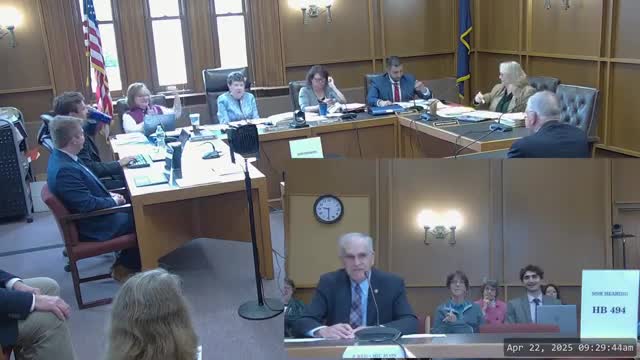Article not found
This article is no longer available. But don't worry—we've gathered other articles that discuss the same topic.
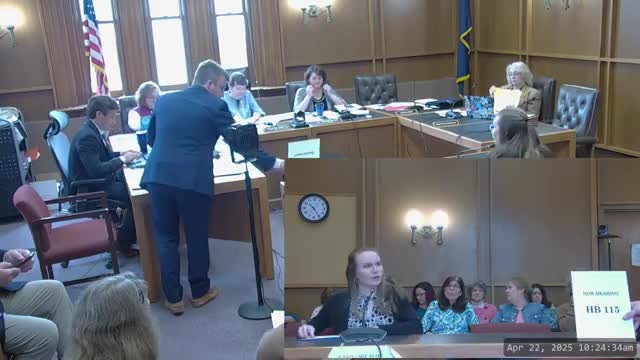
Lengthy testimony for and against HB 115: proposal to remove income cap on Education Freedom Accounts draws broad public comment
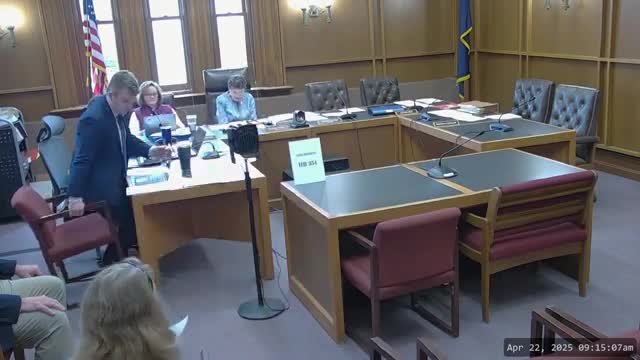
Senate hearing hears bill to tighten alternative certification for CTE instructors
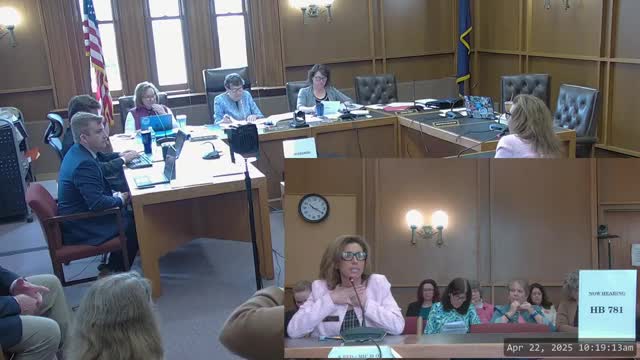
Sponsor proposes limited in‑class cellphone restriction; work‑study led to targeted amendment
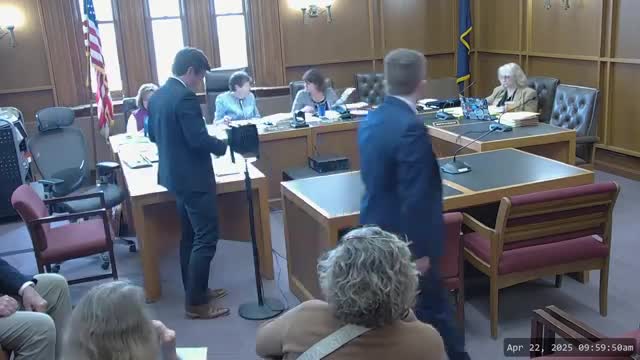
Lawmakers hear bill to require epinephrine supply and reporting in public schools
